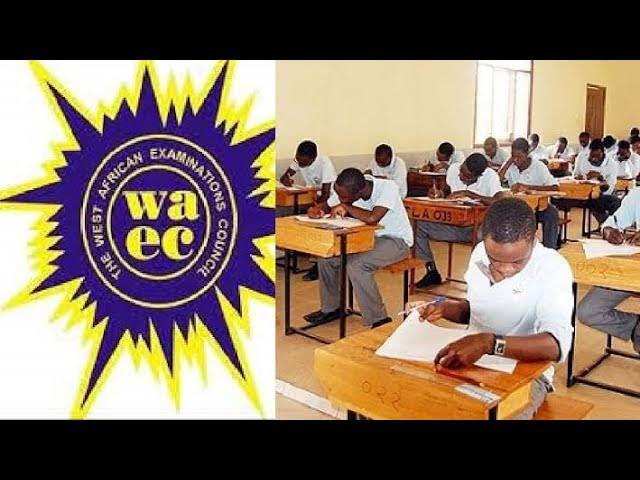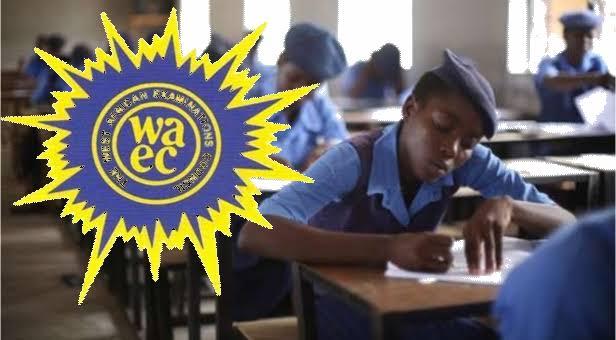The WAEC Literature in English exam is a key component of the West African Examinations Council (WAEC) exams, designed to assess students' understanding and interpretation of literature, including novels, plays, and poetry. With the right approach, students can excel by focusing on the most highly repeated topics and practicing past questions that often appear in the exams.
This guide provides a full list of the most repeated topics and examples of past questions in the WAEC Literature in English exam 2025/2026 to help you prepare effectively.
Overview of the WAEC Literature in English Exam
The WAEC Literature in English exam is divided into three main sections:
-
Section A: Poetry (includes questions on specific poets, their themes, and styles).
-
Section B: Drama (includes questions on plays, their characters, themes, and critical analysis).
-
Section C: Prose (includes questions on novels, short stories, and their analysis).
Each section tests the student's ability to understand the plot, characters, themes, and literary devices used in the prescribed works.
Highly Repeated Topics in WAEC Literature in English Exam (2025/2026)
To increase your chances of scoring high marks in the exam, it’s important to focus on the following highly repeated topics across poetry, drama, and prose.
1. Themes in African Poetry
-
Colonialism and Its Impact: Many African poets address the theme of colonialism and its adverse effects on African society, culture, and identity. Poets like Wole Soyinka, Chinua Achebe, and Christopher Okigbo explore these themes.
-
Identity and Self-Expression: Themes of self-discovery and identity often appear in African poetry, where poets delve into the complexities of African heritage and the individual's place within society.
-
Freedom and Resistance: Resistance to oppression and the struggle for freedom are common themes, with poets celebrating resistance movements and the pursuit of independence.
2. Major Themes in African Drama
-
Conflict Between Traditional and Modern Values: African plays often examine the tension between traditionalvalues and the influence of Western culture. This theme is explored in plays like Wole Soyinka's "A Dance of the Forests" and Ngũgĩ wa Thiong'o's "The Trial of Dedan Kimathi."
-
Social Justice and Inequality: Many African plays highlight social issues, including inequality, poverty, oppression, and corruption.
-
Role of Women in Society: Gender roles and the status of women in African societies are recurring topics. Plays like Zaynab Alkali's "The Stillborn" address these issues.
3. Plot, Characters, and Themes in Drama
-
Character Analysis: Students are often asked to analyze the major and minor characters in plays, their motivations, and their roles in advancing the plot. Understanding characters in works like Soyinka’s "The Man Died" and Achebe’s "A Man of the People" will be crucial.
-
Conflict and Resolution: Understanding the central conflict in plays and how it is resolved is another critical area for focus. This includes both internal and external conflicts within the narrative.
4. Prose: Themes, Characters, and Plot
-
Family and Societal Relationships: In many African novels, the relationship between individuals and their families, as well as the broader societal implications, are central themes. Examples include Chimamanda Ngozi Adichie's "Half of a Yellow Sun" and Sefi Atta’s "Everything Good Will Come."
-
Colonial and Post-Colonial Issues: The theme of colonialism and its aftermath continues to dominate African prose, exploring the effects of colonial rule on personal and national identities.
-
The Hero’s Journey: Many novels follow a protagonist's heroic journey, dealing with struggles and growth. Ngũgĩ wa Thiong'o’s "Petals of Blood" and Chinua Achebe’s "Things Fall Apart" offer deep insight into this.
5. Literary Devices in Poetry and Prose
-
Symbolism: Study the use of symbols to represent deeper meanings in literature. Examples include the use of colors, nature, and objects to signify broader themes such as freedom, oppression, or hope.
-
Metaphor and Simile: Many poems use metaphors and similes to convey deeper emotions and experiences. Being able to identify and analyze these figures of speech will help you answer questions on style and form.
-
Irony: Both poetry and prose frequently employ irony to highlight contrasts between appearance and reality, such as in Chinua Achebe's "Things Fall Apart".
Past Questions for WAEC Literature in English Exam (2025/2026)
Here are some sample past questions that reflect the structure and nature of the WAEC Literature in English exam:
Poetry
-
In the poem "The Ballad of the Landlord" by Langston Hughes, how does the poet use irony to portray the theme of social injustice?
-
Discuss the theme of freedom in Christopher Okigbo's "Lament of the Masks". How does the poet convey the desire for freedom from colonial oppression?
-
Analyze the role of nature in the poem "The Darkling Thrush" by Thomas Hardy. How does Hardy use nature to reflect the emotional state of the speaker?
Drama
-
In Wole Soyinka's "A Dance of the Forests," discuss the role of the central character in advancing the theme of conflict between tradition and modernity.
-
Analyze the character of Dedan Kimathi in Ngũgĩ wa Thiong'o's "The Trial of Dedan Kimathi." How does his character represent the struggle for African independence?
-
Discuss how the play "The Man Died" by Wole Soyinka reflects the struggle of the individual against oppressive political regimes.
Prose
-
In Chimamanda Ngozi Adichie's "Half of a Yellow Sun," how does the theme of love interweave with the political backdrop of the Nigerian Civil War?
-
In Chinua Achebe’s "Things Fall Apart," examine Okonkwo’s character and explain how his downfall represents the impact of colonialism on traditional African societies.
-
**Discuss the role of the family in Sefi Atta's "Everything Good Will Come." How does the author use family dynamics to explore societal issues?
Conclusion
To excel in the WAEC Literature in English exam 2025/2026, it is essential to focus on repeated themes, characters, literary devices, and key works prescribed by your syllabus. Understanding these topics and practicing with past questions will help you build confidence and perform well in the exam.
Good luck with your preparation!











